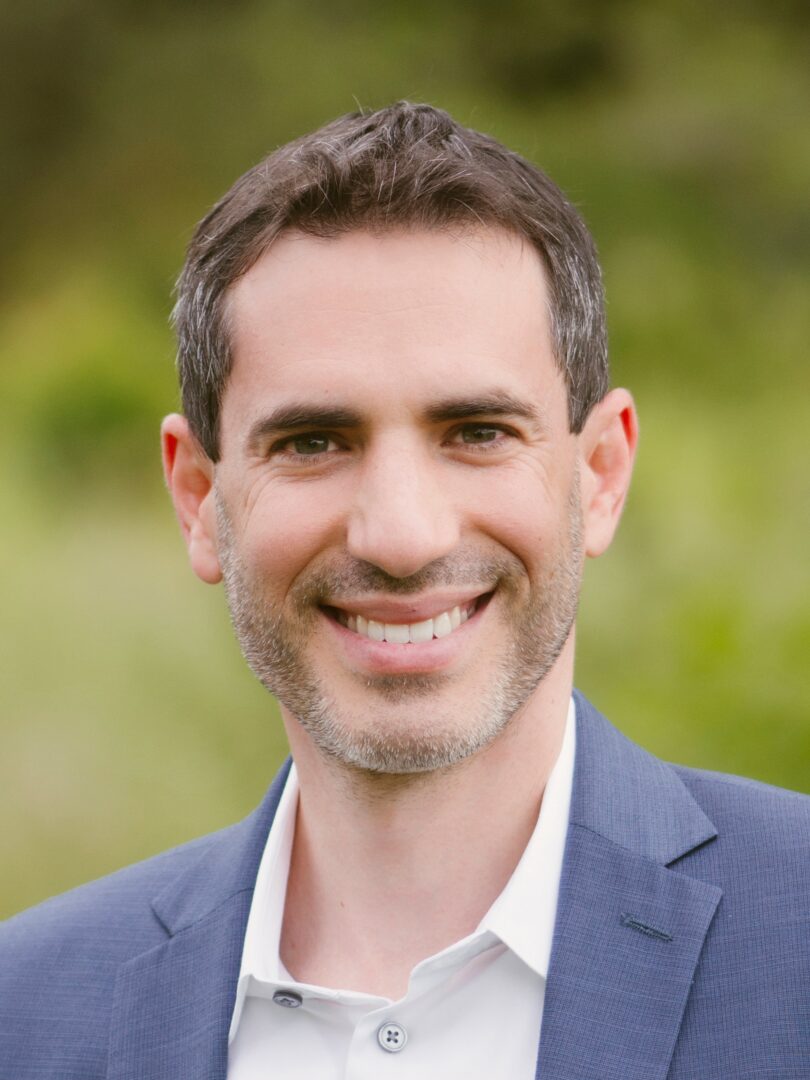Daniel Hochman shared their story and experiences with us recently and you can find our conversation below.
Good morning Daniel, it’s such a great way to kick off the day – I think our readers will love hearing your stories, experiences and about how you think about life and work. Let’s jump right in? What is something outside of work that is bringing you joy lately?
Right now I’m enjoying taking some time away from work to rebalance. We’re on a family trip in Panama where we’re volunteering with a wonderful organization called Give and Surf. I get to see my kids connecting with kids who are experiencing the poorest of the poor. No toothbrushes, no running water, no electricity. Lots to learn here.
Can you briefly introduce yourself and share what makes you or your brand unique?
Throughout my study, I worked with some of the leading minds in addiction work, who got me even more interested in addiction work. My focus on the root causes of symptoms led me to creating a more holistic approach to addiction, which eventually became the Self Recovery Program.
After recognizing the lack of quality care most people are able to find, I created Self Recovery as a simple way for anyone to save themselves from ineffective help. People are so relieved they can get better privately, and that not everyone needs rehab or daily groups.
The Self Recovery Program guides you to understand what actually causes your addiction, and solve your personal puzzle. Our approach looks underneath the surface at the deep-seated emotional triggers that lead to self destruction, and teaches you how to deal with them in a productive way. We don’t just treat symptoms or give superficial advice – we address the root cause so that you can heal from all levels of addiction.
We have six modules: Foundations, Addiction, Cravings, False Pleasures, Emotional Pain/Distress, and Health. Since we target root causes, it works for typical addictions like drugs, alcohol, and prescriptions, as well as behavioral addictions like porn, food, gaming, and other vices.
What sets me apart from others is that I’m not a traditional Psychiatrist. While I do make diagnoses and prescribe, I went out of my way to train in several deeper forms of therapy that provide richer understandings of how we work. My patients appreciate that we can cover all kinds of questions and territory without fragmenting their care between different disciplines.
With Self Recovery, I’m most proud that we’re reaching people who would otherwise never have found treatment. We are now in 39 countries, and it’s special to know you provided a solution for someone living in an area of war, or too remote for treatment, or a mother who can do this in her evenings after the kids are in bed.
Amazing, so let’s take a moment to go back in time. Who taught you the most about work?
I would say Jonathan Shedler has been the biggest influence and mentor in my professional life. I went into Psychiatry residency with a very basic idea and experience of how to do therapy. He consistently pushed my understandings of human nature, our inner workings, and how to translate into improvement for a patient using words. I learned there is more science to this than I ever imagined. He would listen or watch me, word by word, when I was performing therapy, able to offer wisdom at every turn. Just when I’d begin to think I had things figured out, he would add another layer of complexity. This is actually a similar process to what we do collaboratively with patients, and I have him to thank.
Was there ever a time you almost gave up?
I nearly dropped out of medical school several times. I think it was a combination of reasons. The first one is that it’s incredibly hard, all while you are realizing that you are giving up a decade of your prime years. I also realized early on that there are so many better ways to impact people’s health than our current healthcare system, so it felt like I was spending more time on a path that was slightly misaligned. I’m glad I stuck with medicine, but there is no way to know what I would have done if I dropped out.
So a lot of these questions go deep, but if you are open to it, we’ve got a few more questions that we’d love to get your take on. What are the biggest lies your industry tells itself?
Most people are led to believe that to have a full recovery from addiction, you need to go to rehab. What most people don’t know – even after getting treatment for years – is that the rehab industry has an average success rate of 3-5%. So they not only lack a valuable solution for patients, but they ask for your life savings and promise a life transformation. It’s incredibly disrespectful of that person’s time, money, and energy.
Before we go, we’d love to hear your thoughts on some longer-run, legacy type questions. What is the story you hope people tell about you when you’re gone?
Regarding my work, I hope that I am remembered for reaching people who would otherwise never have found treatment. We are now helping people in over 40 countries, many of whom I know would never have found a better life without this program. It’s special to know you provided a solution for someone living in an area of war, or too remote for treatment, or a mother who can do this in her evenings after the kids are in bed.
Personally, I want to be remembered for being available, loyal, and loving to everyone close in my life. I hope I am always thought of as serious in my commitments, while being silly and fun along the way.
Contact Info:
- Website: https://www.selfrecovery.org/
- Instagram: https://www.instagram.com/selfrecoveryhealth/
- Linkedin: https://www.linkedin.com/in/danielhochmanmd/
- Facebook: https://www.facebook.com/Selfrecoveryhealth
- Yelp: https://www.yelp.com/biz/self-recovery-austin
- Youtube: https://youtube.com/@selfrecovery
- Other: https://www.trustpilot.com/review/selfrecovery.org
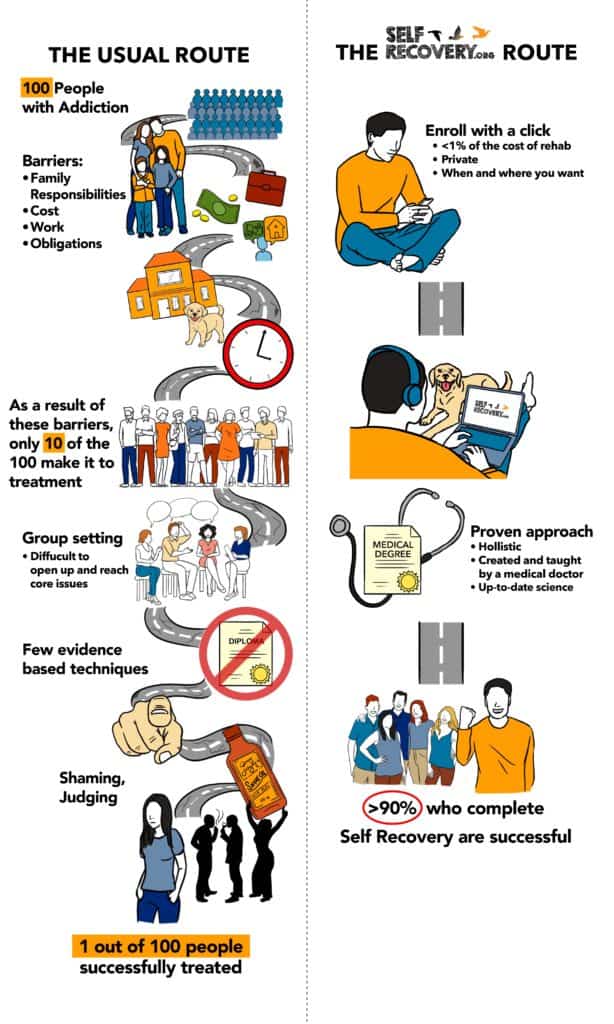
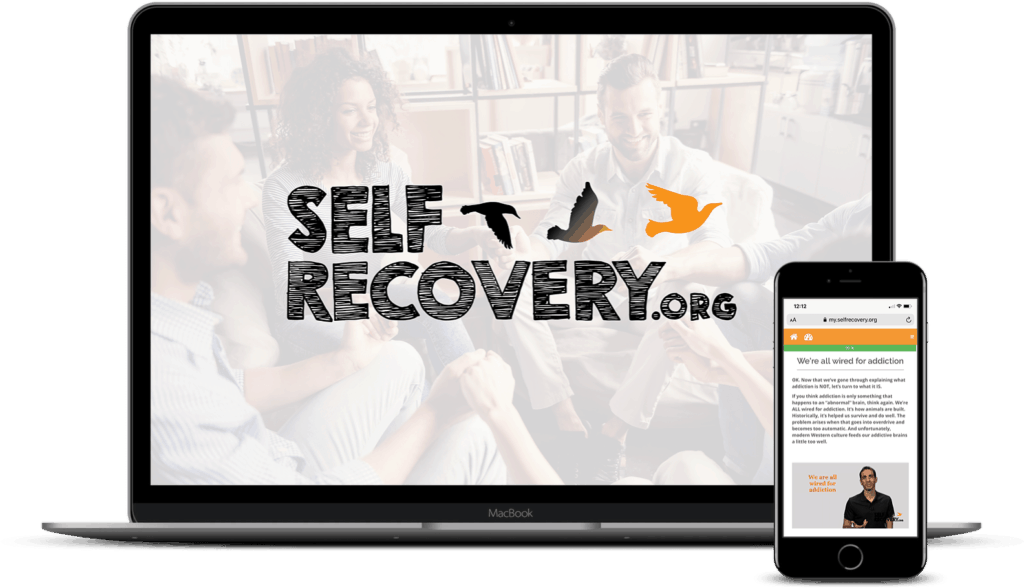
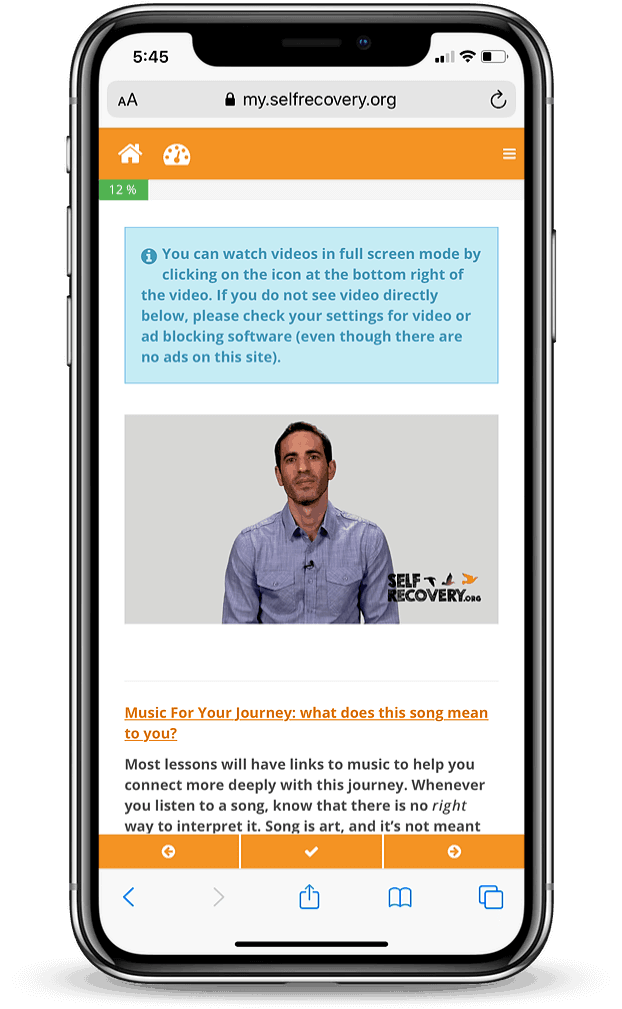
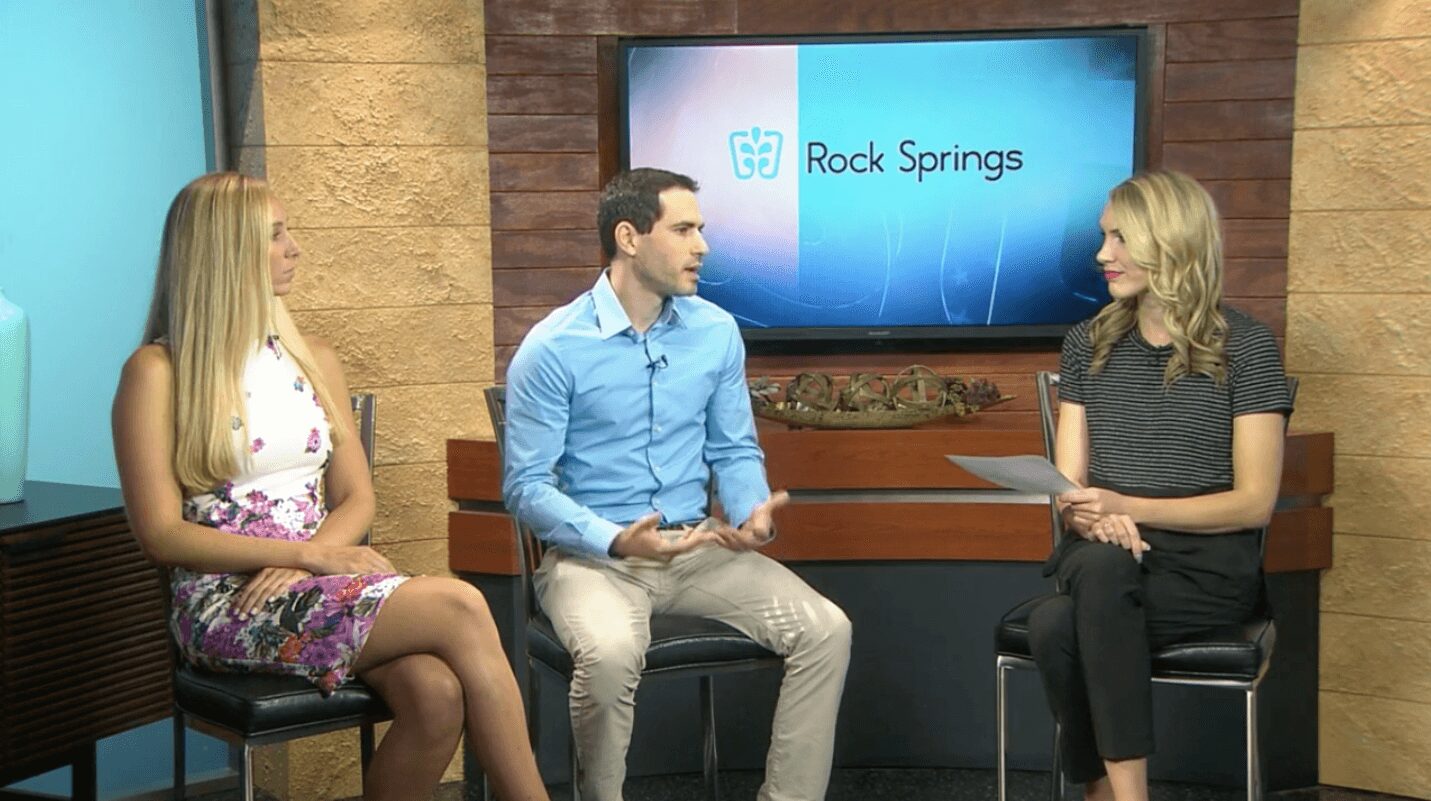
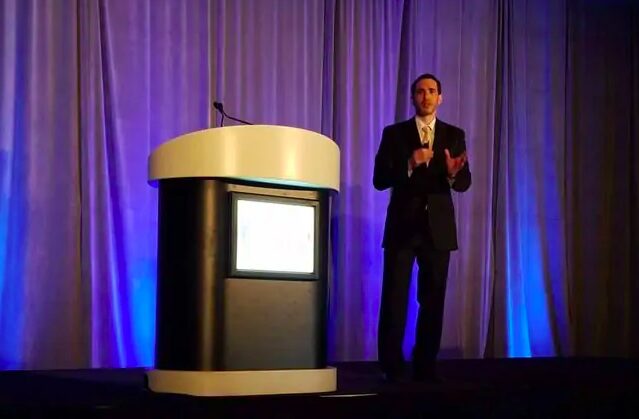
so if you or someone you know deserves recognition please let us know here.

